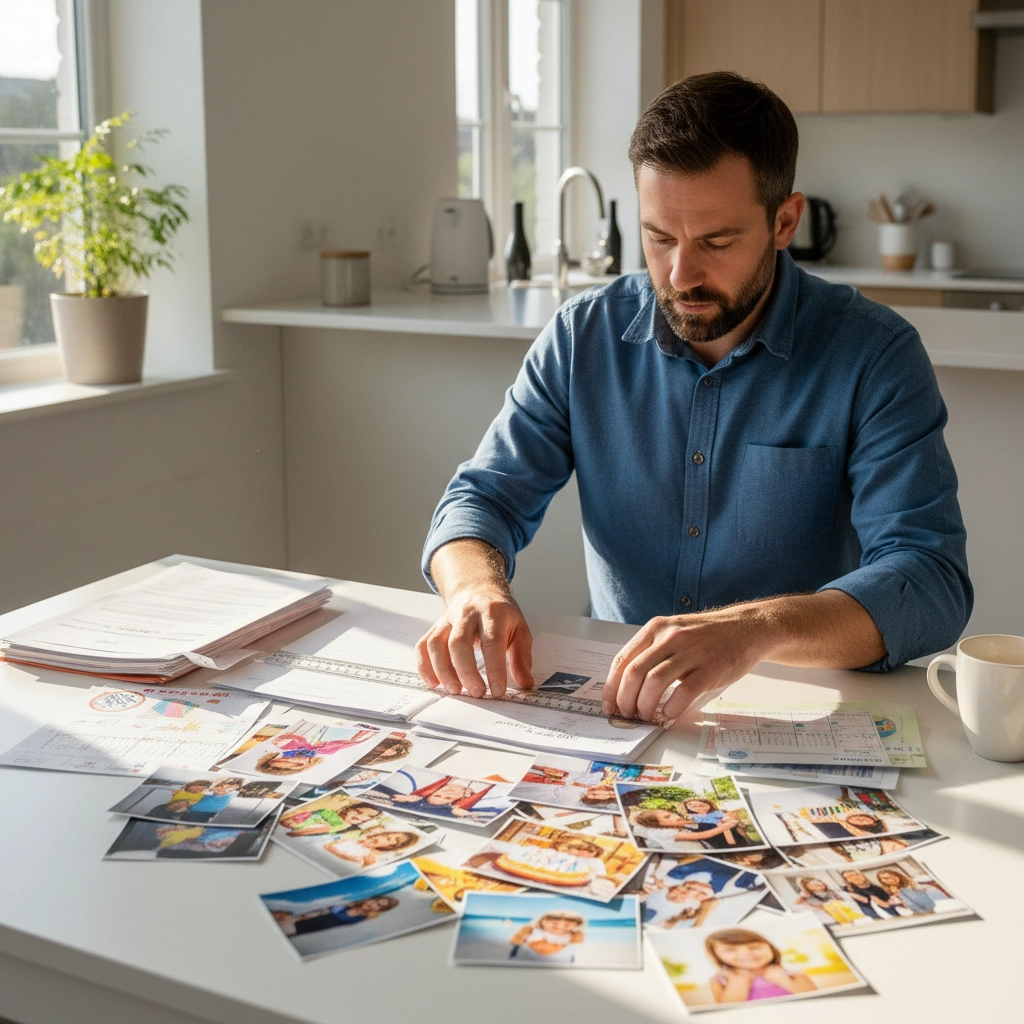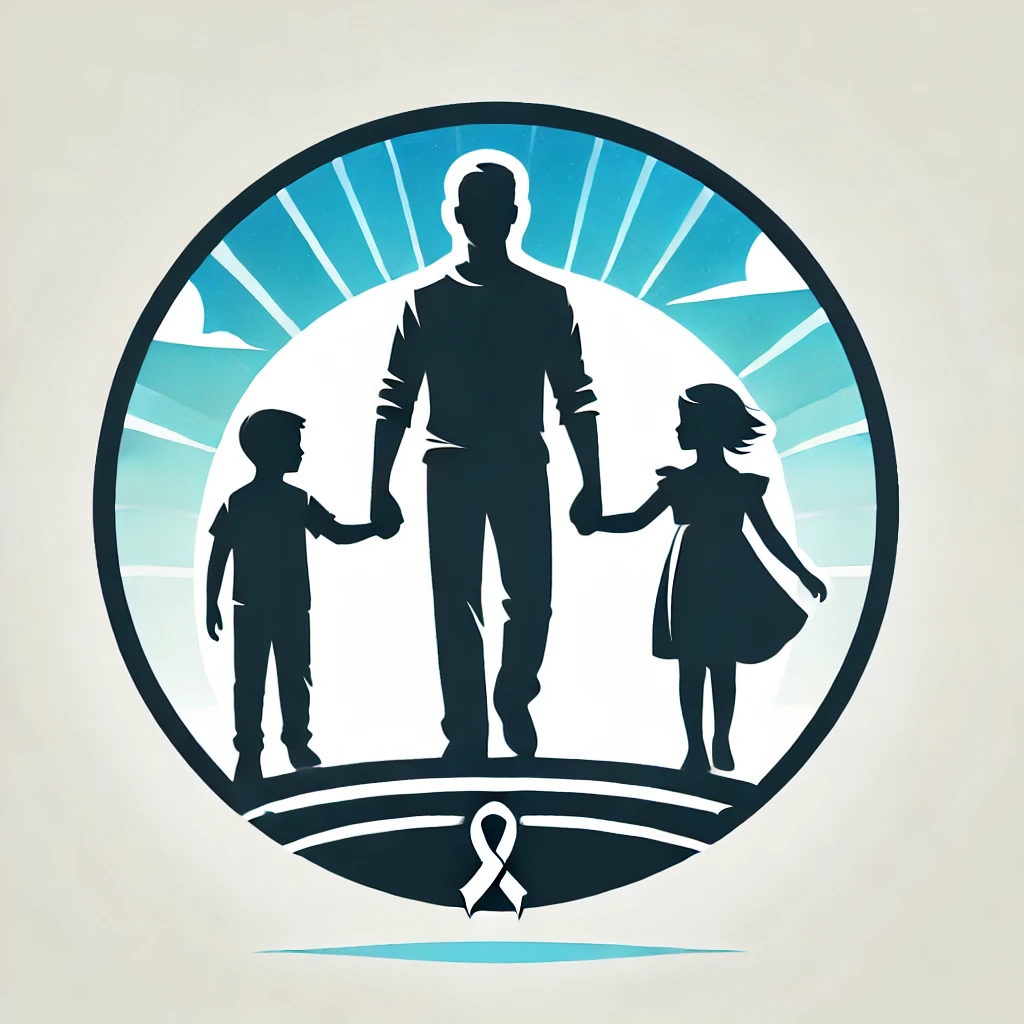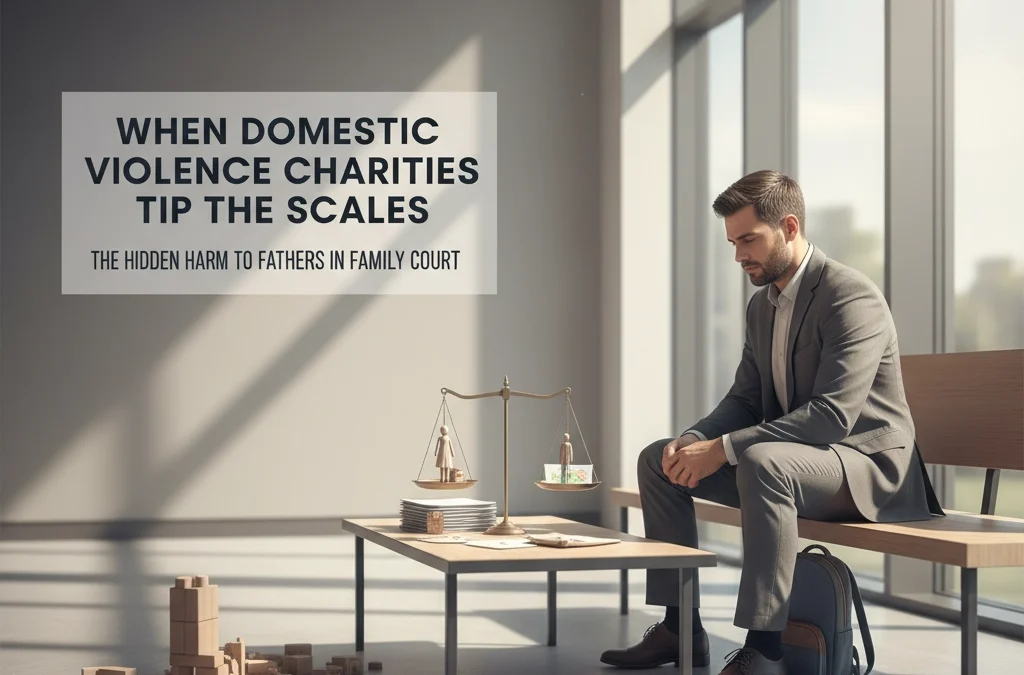As fathers navigating the complex world of family court, many of you have experienced firsthand how domestic violence allegations can dramatically shift the entire trajectory of your case. What should be a fair process focused on your children's best interests can quickly become an uphill battle when third-party organisations enter the arena with pre-formed conclusions.
Fathers United. Rights Respected. This isn't just our slogan: it's our commitment to ensuring every dad gets a fair hearing, especially when facing serious allegations that can destroy your relationship with your children.
The Reality of Charity Involvement in Family Court
Domestic violence charities play an increasingly prominent role in family court proceedings across the UK. While their stated mission is protecting victims, the reality for many fathers is far more complicated. These organisations often submit reports, provide "expert" testimony, and influence court decisions: sometimes without fathers even knowing these submissions exist until it's too late.
The problem isn't that domestic violence should be ignored. Every Dad Matters, and that includes dads who are genuine victims themselves. The issue is when charity involvement becomes one-sided advocacy that presumes guilt rather than seeking truth.

How Reports Get Submitted Without Your Knowledge
One of the most shocking realities fathers face is discovering that reports about them have been submitted to court without their knowledge or opportunity to respond. These reports can include:
- Allegations from anonymous sources
- Second-hand accounts presented as fact
- Historical claims with no corroborating evidence
- Character assessments based on limited interaction
Here's what you need to know: Under current family court procedures, these reports can be admitted as evidence even when you haven't had the chance to challenge their accuracy or respond to their claims.
The Evidence Gathering Problem
When domestic violence charities become involved in your case, they often take control of the narrative in ways that can block your ability to present contradictory evidence. This manifests in several concerning ways:
Selective Information Collection
Many charities focus solely on gathering information that supports their initial assessment. If you've been labeled as an "abuser," evidence that contradicts this narrative may be dismissed or ignored entirely. This creates a dangerous echo chamber where only one side of the story gets heard.
Blocking Access to Witnesses
Some fathers report that potential witnesses: including family members, friends, or professional contacts who could provide character evidence: are discouraged from speaking on their behalf. The implicit message is that supporting an "accused" father makes these witnesses complicit in abuse.

Professional Pressure on Service Providers
Healthcare professionals, teachers, and social workers often face pressure to align with charity assessments rather than provide independent evaluations. This can result in crucial evidence being suppressed or witnesses changing their testimony to avoid professional consequences.
The Defamation Risk That Nobody Talks About
Here's something that affects thousands of fathers but rarely gets discussed openly: charity reports often contain statements that would constitute defamation if published elsewhere, but enjoy protection when submitted to court proceedings.
How This Impacts You Practically
When charity reports contain unverified allegations presented as established facts, they can:
- Damage your reputation permanently
- Affect your employment prospects
- Impact future relationships
- Undermine your credibility in any subsequent legal proceedings
The devastating part? Even if these allegations are later proven false, the damage to your reputation and relationship with your children may already be irreversible.
Courts' Institutional Bias Toward Charity Reports
Family courts often treat reports from domestic violence charities with an elevated level of credibility, sometimes accepting them as expert evidence without requiring the same standards of proof applied to other testimony.

The "Professional" Advantage
When charity workers present evidence, courts tend to view them as neutral professionals rather than advocates for one side. This creates an unfair advantage because:
- Their reports carry more weight than your own testimony
- Judges may be reluctant to question charity findings
- The presumption shifts from "innocent until proven guilty" to "guilty unless you can prove otherwise"
Limited Resources for Challenge
Most fathers lack the resources to hire experts who can challenge charity assessments. Legal aid cuts mean you're often representing yourself against well-funded organisations with extensive experience in court proceedings.
The Hidden Court Communications
Perhaps the most troubling aspect of charity involvement is the communication that happens behind closed doors. Many fathers discover that:
- Charities have had multiple conversations with court officials before you even appear
- Reports are discussed in chambers without your legal representative present
- "Recommendations" are made that significantly influence judicial decisions
This creates a system where crucial decisions about your future with your children are being influenced by conversations you're not part of and evidence you can't challenge.
What You Can Do to Protect Yourself
Despite these systemic challenges, there are concrete steps every father can take to protect his rights and interests:
Document Everything
Start maintaining detailed records immediately:
- Save all communications with your ex-partner
- Keep receipts and evidence of your involvement in your children's lives
- Document any interactions with charity workers or social services
- Maintain a calendar showing your time with your children

Challenge Charity Reports Directly
When charity reports are submitted to court:
- Request full disclosure of their methodology
- Ask for the qualifications of report authors
- Challenge any conclusions not supported by direct evidence
- Highlight any factual errors or omissions
Build Your Counter-Narrative
Don't wait for others to tell your story. Actively build evidence that demonstrates:
- Your commitment to your children's welfare
- Your ability to provide safe, loving care
- Character references from people who know you well
- Professional assessments from neutral sources
Seek Independent Evaluation
Where possible, commission your own expert assessments from qualified professionals who aren't affiliated with domestic violence charities. This provides the court with alternative perspectives and challenges the monopoly on "expert" opinion.
The Path Forward for Fathers' Rights
The current system isn't working for fathers or children. Real reform requires:
Transparency in Court Proceedings
All evidence submitted to family courts should be disclosed to both parties, with adequate time for response and challenge.
Independent Assessment Standards
Courts should require the same standards of evidence from charity reports as they do from other sources, including proper qualifications, methodology disclosure, and peer review.
Equal Access to Resources
Fathers need access to funding for expert witnesses and professional assessments that can challenge charity reports when appropriate.

Due Process Protection
The fundamental principle of being able to face your accusers and challenge evidence against you must be restored to family court proceedings.
Your Voice Matters in This Fight
Every Dad Matters isn't just about individual cases: it's about systemic change that protects all fathers from unfair treatment. Your experiences, your story, and your willingness to speak out contribute to a growing movement for genuine equality in family courts.
The challenges you're facing aren't isolated incidents. They're part of a broader pattern that affects thousands of loving fathers across the UK. By standing together, sharing our experiences, and demanding accountability from institutions that claim to serve justice, we can create real change.
Fathers United. Rights Respected. This means ensuring that every father gets fair treatment, genuine due process, and the opportunity to maintain meaningful relationships with their children: even when facing serious allegations.
Remember: protecting fathers' rights doesn't mean ignoring genuine domestic violence. It means ensuring that accusations are properly investigated, evidence is fairly evaluated, and decisions are made based on facts rather than assumptions.
Your fight for your children is part of a larger battle for justice and equality. Together, we can build a system that truly serves children's best interests by ensuring both parents are treated fairly and with dignity.
Don't let biased reports or institutional prejudice define your relationship with your children. Stand with us in demanding the fair treatment every father deserves.

